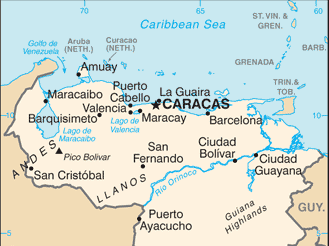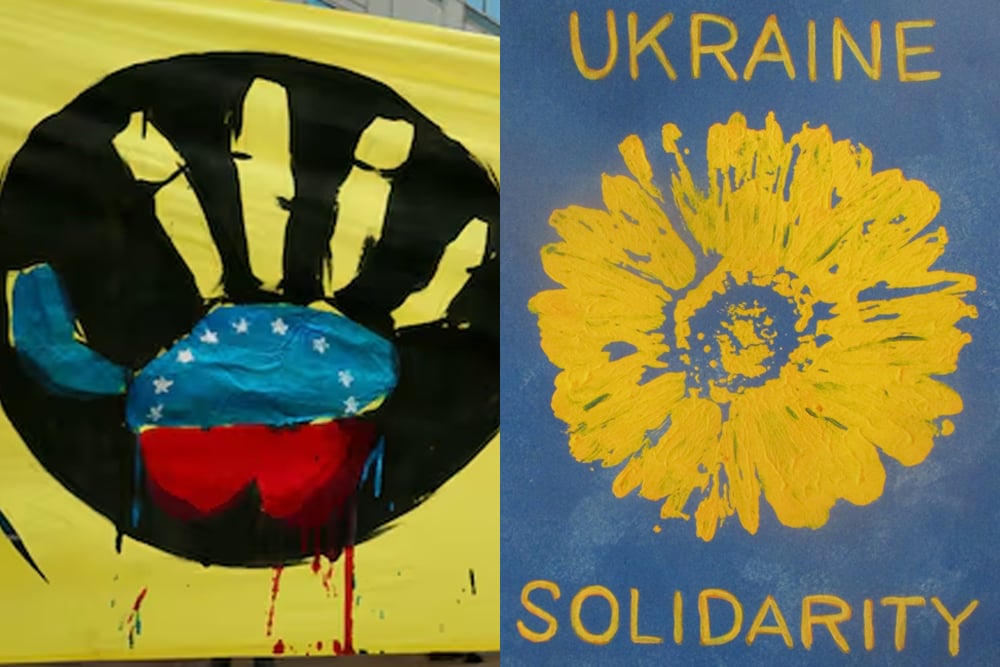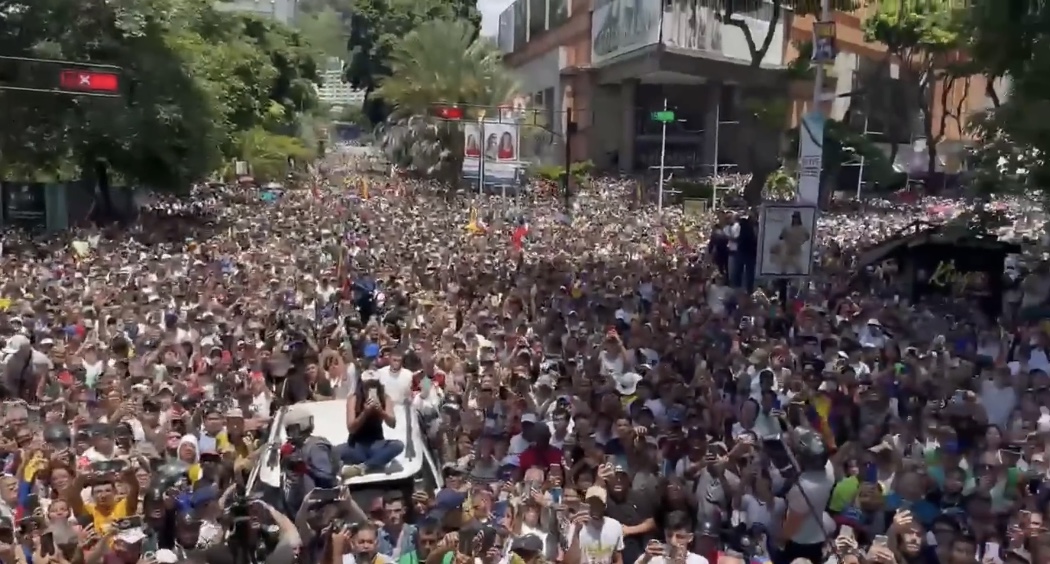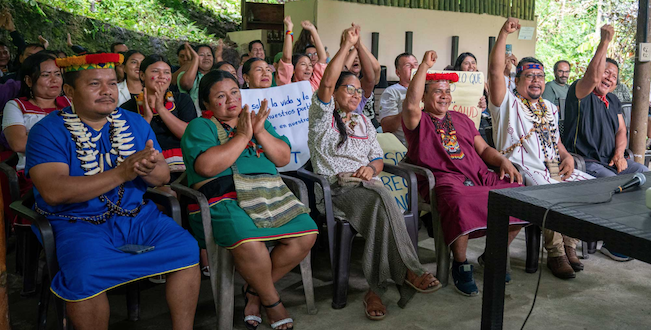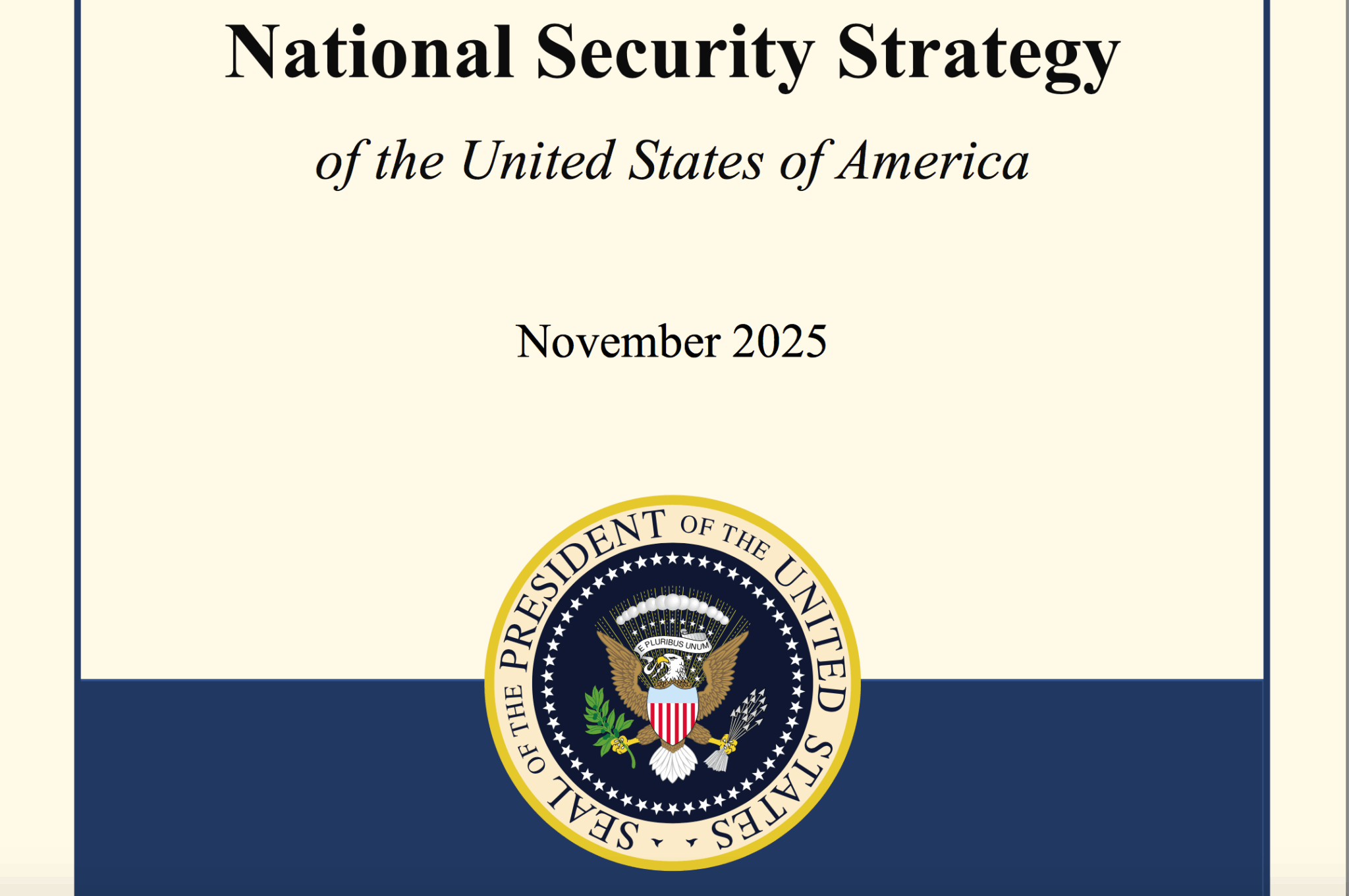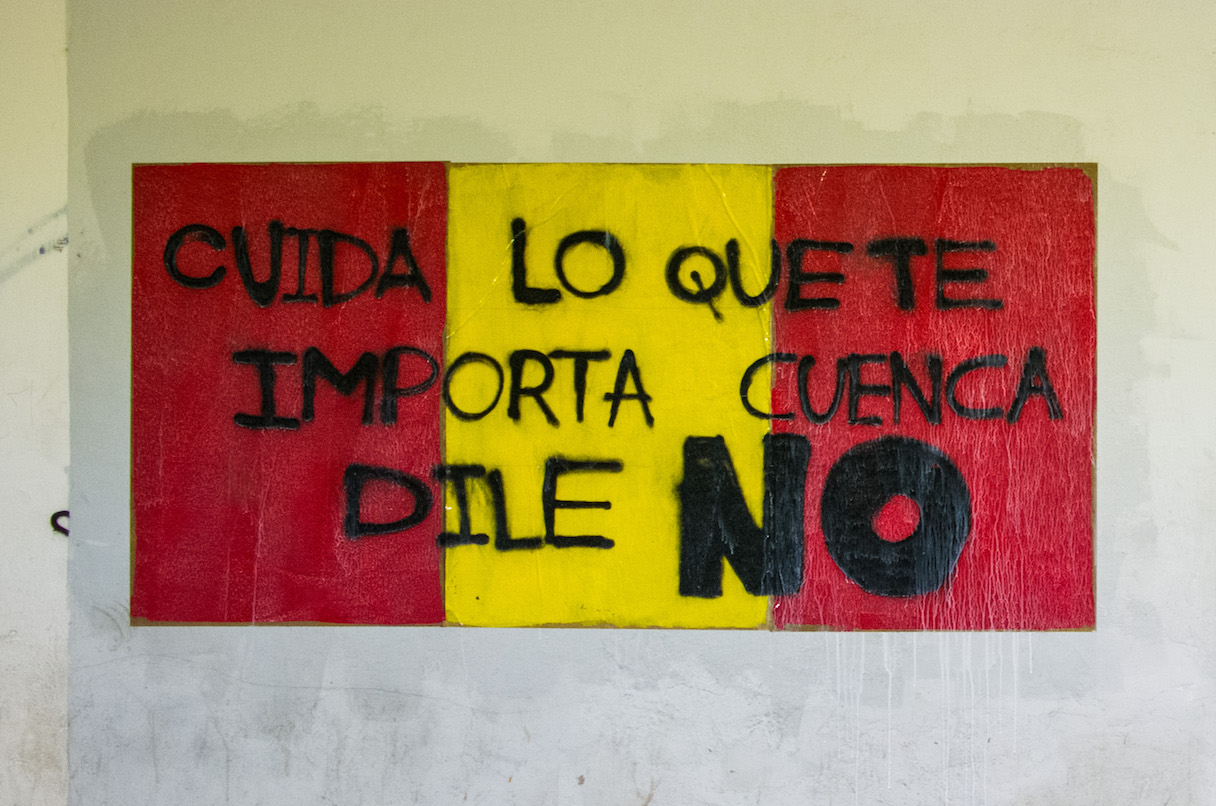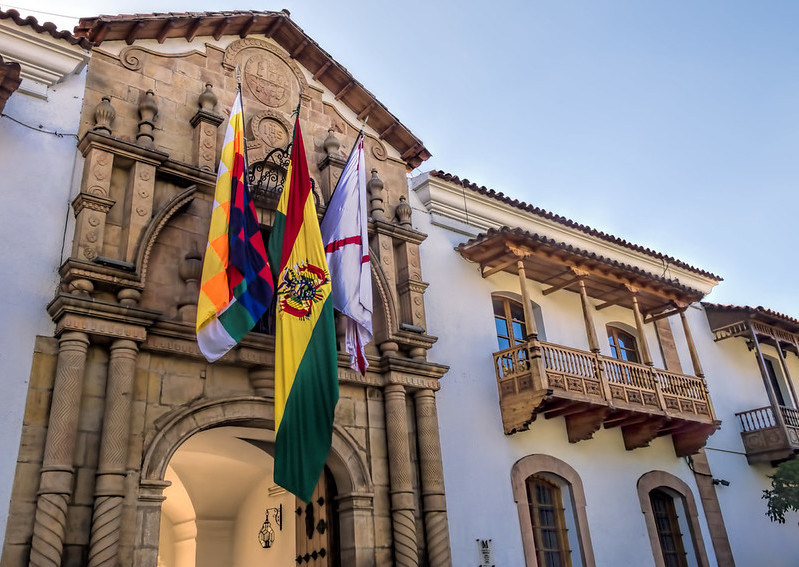Colombia: Petro approves rebel-requested inquiry
Colombian President Gustavo Petro said he would accept a proposal from the country’s largest remaining rebel group to allow an independent commission to investigate its alleged links to drug trafficking. Antonio García, leader of the National Liberation Army (ELN), released a video stating that although the group collects taxes from cocaine producers in its territory, it does not itself operate drug trafficking networks or cocaine production facilities. (Photo: Colombia Reports)



